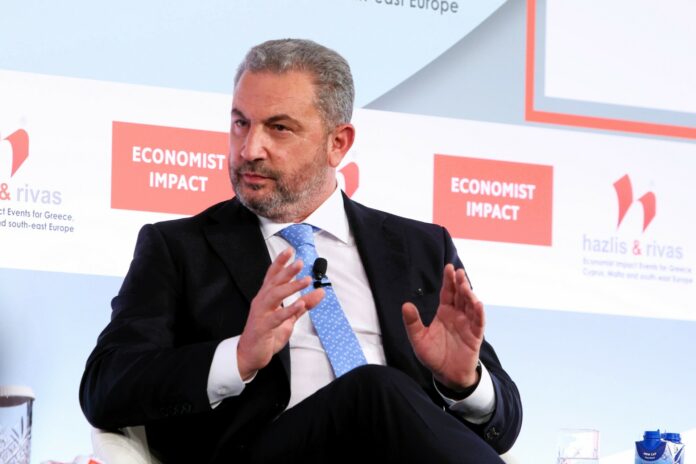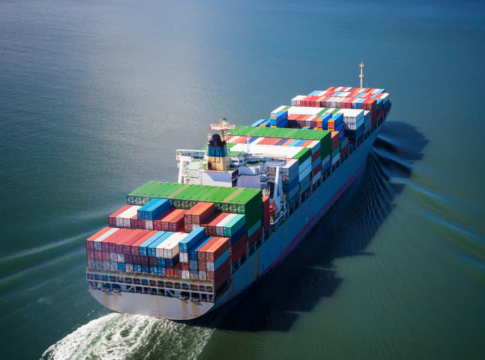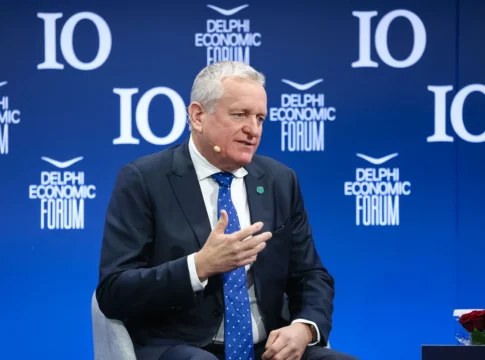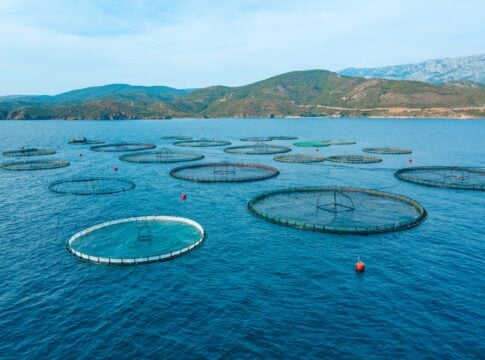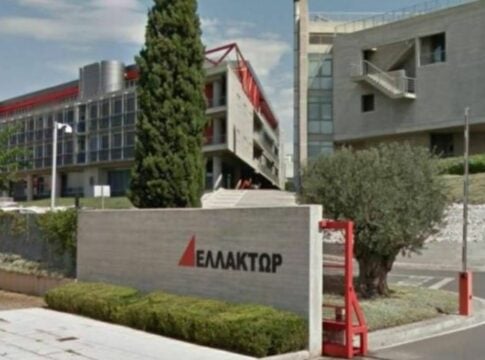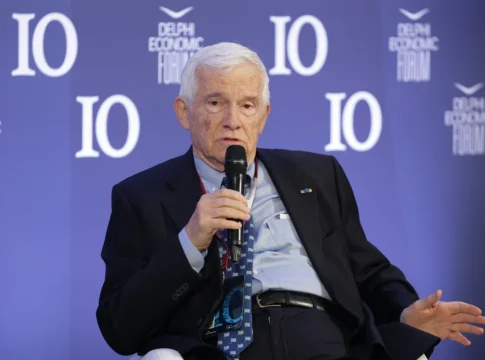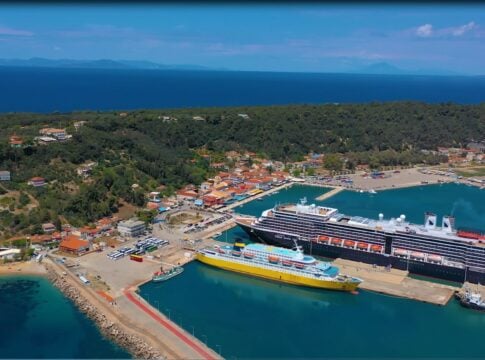Αddressing the 27th Economist Government Roundtable, Intrakat’s vice-president and CEO, Alexandros Exarchou, stressed the need to make major structural changes in Europe, in order to close the gap between North and South.
During a discussion with former Italian Prime Minister and president of the Jacques Delors Institute, Enrico Letta, and Economist editor and analyst Joan Hoey, Exarchou noted that during the debt crisis the citizens of the countries of the South shouldered an unbearable cost without, however, having any decompression mechanism, leading their economies, and especially that of Greece, out of the investment map for a long period of time.
The head of Intrakat underlined that now Greece is coming back dynamically, after a huge effort, regaining the investment grade. However, he emphasized that the gap with the rest of Europe remains large, giving as an example the fact that Greece spends huge resources on national defense, which are wrongly counted in the deficit due to the strict fiscal rules of the eurozone, although the country does not enjoy European protection in this matter.
Exarchou added that Greece, like the other countries of the European South, suffered the effects of the Russian invasion of Ukraine and today they face the greatest inflation of the last decades. Nevertheless, he noted, the management of the consequences is left to the discretion of the member states, without any common European mechanism to support the weakest countries, he observed.
He concluded that Greece, like other countries of the European South, participate in a ‘hard’ currency and are controlled by the monetary and fiscal policies of the eurozone, but at the same time they are called to respond with their own means to inelastic needs and crises, for which are not responsible, thus perpetuating inequalities within the European Union.


